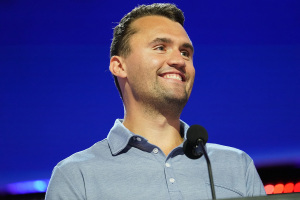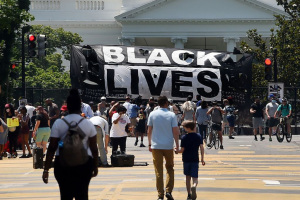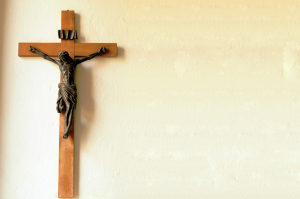Should Public Prayers Be Censored by Non-Christian Groups?
Should a clergy's prayers be subject to censorship if given to solemnize a public meeting? A powerful atheist group, Americans United for Separation of Church and State (AU), thinks so, and has convinced a federal appellate court to enforce this sort of oversight. But the question is now squarely before the U.S. Supreme Court, having heard oral arguments earlier this month.
For years, the Council for the small town of Greece in upstate New York has started meetings with public prayer, just like many other towns, most of the state legislatures, the U.S. Congress and the U.S. Supreme Court. These prayers were not uttered by council members, but by local clergy, and anyone from any faith was invited to participate.
Being open to all, no religion is favored in the process, but because most of the houses of worship in Greece happen to be Christian, most of the public prayers happen to be Christian.
Troubled by these results – as dictated by demographics – two non-Christian women retained AU and sued the town, seeking to revise if not outright ban prayers offered by Christians.
Leading up to the oral argument, Ayesha Kahn of AU spoke with the press and expounded on the plaintiffs' concerns: "A vast majority of the time, the Christian clergy have delivered explicitly Christian prayers." Kahn concludes that the Christian "prayer [should] be inclusive and nonsectarian so that it avoids reference to details on which people are known to differ."
In eyes of AU and their clients, the only good Christian prayer is one that is completely sanitized of Christianity. To assure this cleansing, they want the government to have redline veto power and excise offending words from prayers in advance, so as to protect anyone from ever having to hear words like "Jesus," "God," or "Bible." And, one has to wonder what is even left for a Christian to say in a "prayer" that would avoid details where people differ.
AU's argument flies in the face of how our nation has historically treated public prayer.
The last time the Supreme Court directly considered the issue of legislative prayer was Marsh v. Chambers in 1983. For the majority, Chief Justice Warren Burger wrote:
"In light of the history, there can be no doubt that the practice of opening legislative sessions with prayer has become part of the fabric of our society. To invoke divine guidance on a public body entrusted with making the laws is not, in these circumstances, a violation of the Establishment Clause; it is simply a tolerable acknowledgment of beliefs widely held among the people of this country."
The history to which Burger refers is clear. When the First Amendment was written, the Founding Fathers were authorizing paid chaplains to pray before the 1st United States Congress, recognizing that such prayers could not possibly be a violation of the Establishment Clause.
Defending the long-standing practice of uncensored prayers, a surprising coalition gathered at the Supreme Court. The Obama Administration joined the fray and defended the town in oral arguments, stating, "With respect to town councils, it's our view that as a general matter that the municipal legislatures can invoke the same tradition of solemnizing and invoking divine guidance as Federal and State legislatures… from the first Congress, there have been legislative prayers given in the religious idiom of either the official chaplain or a guest chaplain, that have regularly invoked the deity and the language of the prayer-giver."
The proposition is not difficult. If prayers are allowed in public meetings, as they have been since our nation's founding, those praying must be allowed to pray in their own words without fear of government intrusion.
A prayer with restrictions and boundaries is no prayer at all.



























